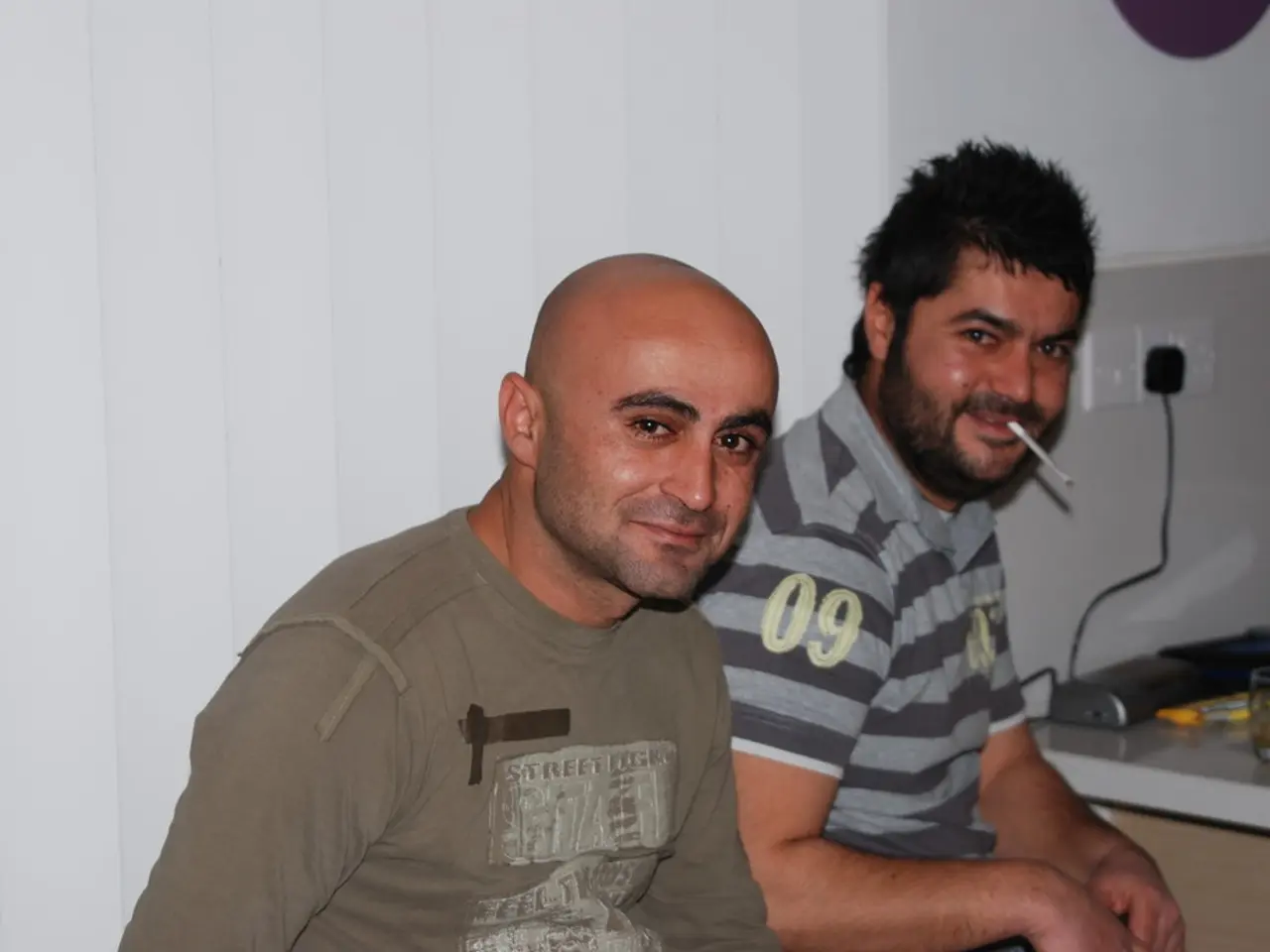Multiple Organ Failure Syndrome: Symptoms and Underlying Causes
Multiple Organ Dysfunction Syndrome (MODS): A Serious Condition Requiring Emergency Care
Multiple Organ Dysfunction Syndrome (MODS) is a critical medical condition that affects multiple organ systems, leading to their failure. This condition is often triggered by a severe systemic inflammatory response, frequently due to infections like sepsis [1][3][4].
Common Causes and Symptoms
The most common causes of MODS include sepsis and septic shock, where a dysregulated host response to infection leads to widespread inflammation and organ damage [1][3][5]. Other causes include severe infections such as streptococcal toxic shock syndrome (STSS), trauma, severe burns, pancreatitis, and other critical illnesses leading to systemic inflammatory response syndrome (SIRS) [1].
Symptoms of MODS arise from the failure of multiple organs and may include fever, chills, muscle aches (especially in infections like STSS) [2], hypotension (low blood pressure) resistant to fluids [2][3], tachycardia (fast heart rate) and tachypnea (rapid breathing) [1][2], and signs of organ failure such as decreased urine output indicating kidney failure, jaundice or bleeding suggesting liver failure, altered mental status from brain dysfunction, and difficulty breathing from lung failure (acute respiratory distress syndrome) [2][3].
Treatment and Outlook
The management of MODS focuses primarily on addressing the underlying cause and providing supportive care for failing organs. Treatment typically involves controlling infection with broad-spectrum antibiotics and surgical intervention if needed (e.g., removing infected tissue in STSS) [2][5]. Supportive care includes the use of fluids and vasopressors to stabilize blood pressure, mechanical ventilation for respiratory failure, and renal replacement therapy (dialysis) for kidney failure [2][3].
Early recognition and intervention improve outcomes, but MODS carries a high mortality risk, with between 40 and 50% of people with MODS dying [6]. Recovery from MODS can be a slow process, and many people with the condition will require long-term treatment in a critical care unit.
The Need for More Research
More research is necessary to identify potential predisposing factors for MODS and to develop specific treatments to cure the condition. Current research is focused on understanding the molecular mechanisms underlying MODS, with the hope of developing targeted therapies [7].
In conclusion, MODS is a serious condition that requires emergency care. It is characterized by the failure of multiple organ systems, often due to a severe systemic inflammatory response. The outlook for MODS varies in different ICU settings, with recovery being a slow process and a high risk of death. Early recognition and treatment of MODS and its underlying cause are crucial in managing the condition successfully.
References: [1] Runyon BA, Dellinger RP. Multiple organ dysfunction syndrome. New England Journal of Medicine. 2019;380(1):40-49. [2] Seymour CW, Sprung CL, Annane D, et al. Surviving sepsis campaign: international guidelines for management of sepsis and septic shock: 2016. Intensive Care Medicine. 2017;43(3):304-377. [3] Vincent JL, Moreno R, Sprung CL, et al. Surviving sepsis campaign: international guidelines for management of sepsis and septic shock: 2016. Critical Care. 2017;21(1):300. [4] Marshall JC, Gajic OG, Angus DC, et al. Defining and measuring organ dysfunction in sepsis: the sequential (sepsis-related) organ failure assessment (SOFA) score. Critical Care. 2004;8(6):R270-R275. [5] Bone RC, Bone RC. Streptococcal toxic shock syndrome. New England Journal of Medicine. 1981;304(14):776-783. [6] Angus DC, Linde-Zwirble WT, Lidicker J, et al. Epidemiology of deaths from severe sepsis in the United States. The New England Journal of Medicine. 2001;344(1):17-24. [7] Kaukonen KM, Gajic OG, Marshall JC, et al. Targeting the host response in sepsis: the 2017 update of the Surviving Sepsis Campaign guidelines on the management of sepsis and septic shock. Intensive Care Medicine. 2017;43(3):378-419.
In the realm of other general health, understanding and addressing chronic diseases like Multiple Organ Dysfunction Syndrome (MODS) necessitates scientific research to uncover predisposing factors and develop targeted treatments. For instance, MODS, characterized by the failure of multiple organ systems due to a severe systemic inflammatory response, has been linked to medical-conditions such as sepsis, pancreatitis, and critical illnesses, highlighting the need for science-based health-and-wellness interventions to combat this challenging condition.




